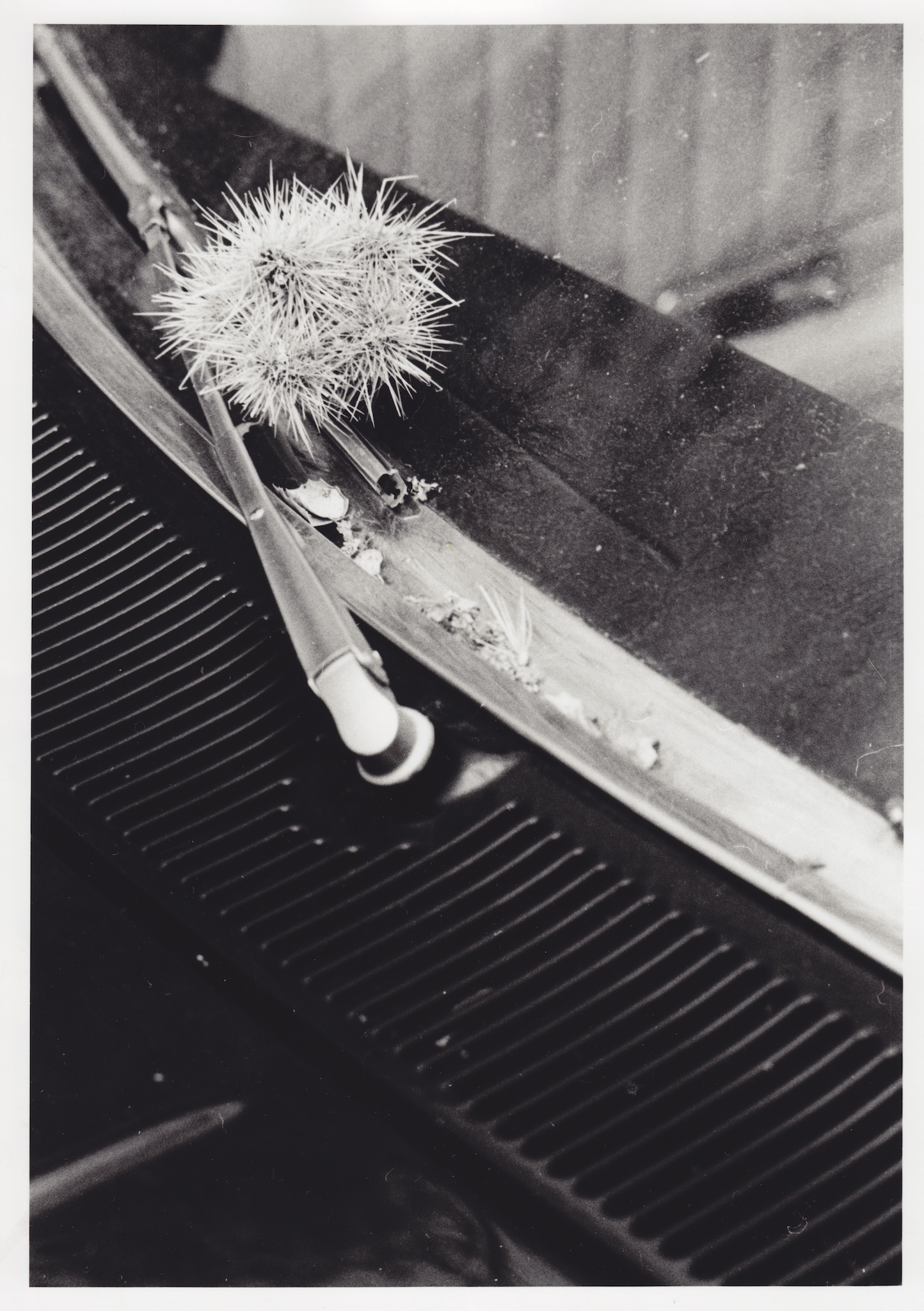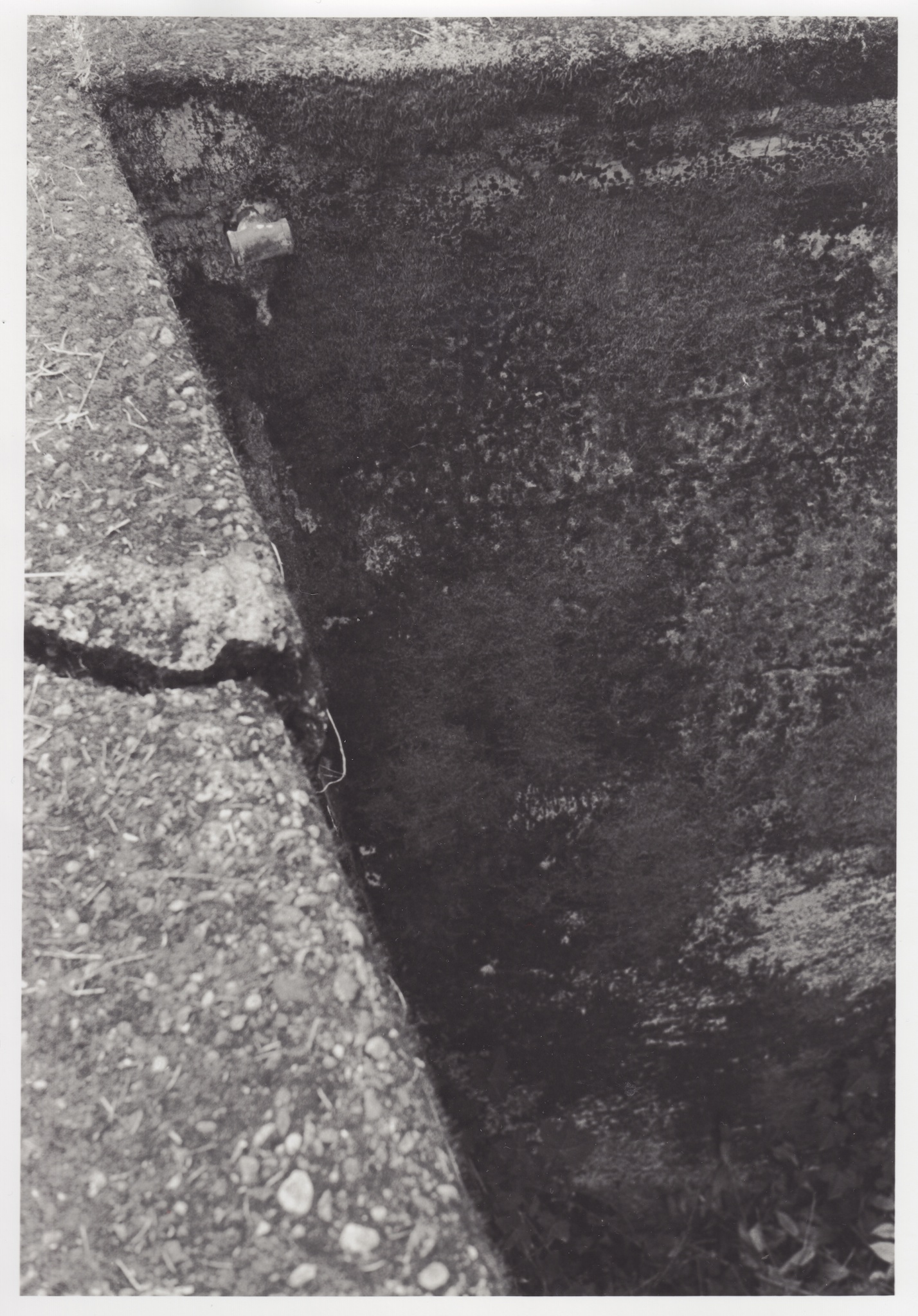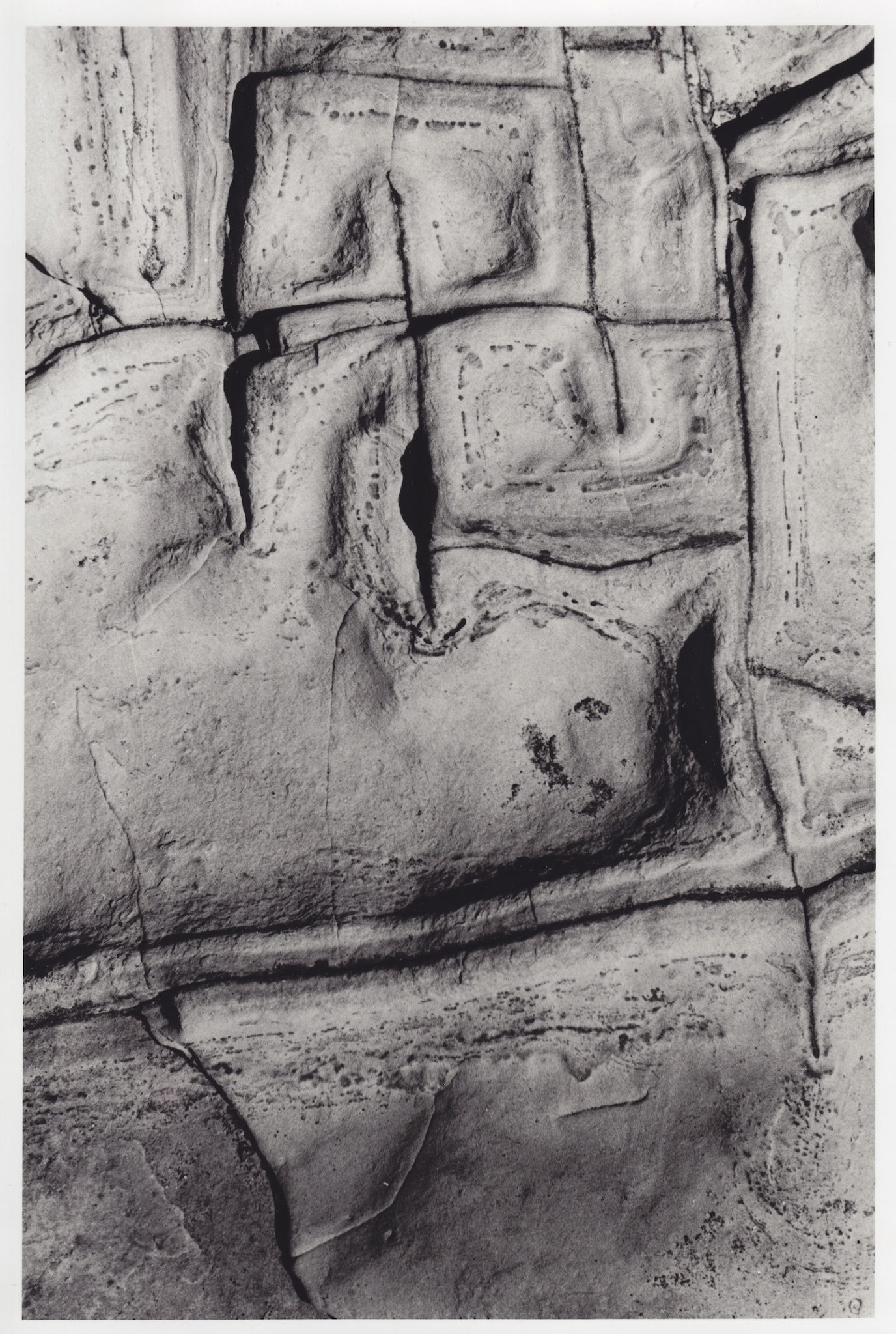 After interviews I’d often be so wound up I’d hop in a cab on Market Street and tell the driver to take me to the far side of Golden Gate park where he would drop me off and I’d walk back to my truck parked back down town. The wandering walk sometimes takes several hours, and I often return after sunset. I watch the city age over years.
After interviews I’d often be so wound up I’d hop in a cab on Market Street and tell the driver to take me to the far side of Golden Gate park where he would drop me off and I’d walk back to my truck parked back down town. The wandering walk sometimes takes several hours, and I often return after sunset. I watch the city age over years.
I exit the park and start up the curved sidewalk that leads to the MacDonald’s marking the entrance to Haight. Today my back sizzles with stripes of pain wrapping testicles and toes. I walk as fast as I can. I approach the Anarchist Bookstore and enter after ignoring it since my first and only visit more than 15 years ago.
It looks the same. A grey slim man with a sparse beard is busy under a pair of headphones. I walk past him and pick up a book containing line drawings of female reproductive anatomy in the form of a coloring book. I’m amused, and I put it back to reach for another that claims to be one that kids should have but would never be allowed. It contains drawings of monsters and unicorns having sex. I drop it back on the shelf with a thwack and turn to see if the man behind the counter is disengaged enough to help me. He’s still busy.
The desire to consume language is overwhelming. I do not enjoy wasting my time with words that do not matter.
I wait for his focus to break so that I might get a pure unmolested-by-bother answer.
He removes his headphones while I’m browsing the store’s most insincere and humorous magazines. I approach the counter. He smiles and asks how he might help me. I explain how painful events have answered many questions but left me with a new interest: I want to go back to the beginning and use my new eyes.
He nods and smiles. And says:
‘I see.’
I follow him five or six feet to the bookshelf beside us.
‘This.’
‘Thank you.’
I do not look at the book. I pull out my money to pay. He returns to his position behind the cash register and smiles.
‘How long have you been here?’
‘Seventeen years or so.’
‘Do you own this place?’
He laughs out of the side of his face. I asked the wrong question.
‘It’s a collective. We all help out.’
I smile and grab my change.
‘Thank you for your help.’
I exit the bookstore and turn right toward lower Haight.
Very far from pursuing the natural order from the lower to the higher, from the inferior to the superior, and from the relatively simple to the more complex; instead of wisely and rationally accompanying the progressive and real movement from the world called inorganic to the world organic, vegetables, animal, and then distinctively human-from chemical matter or chemical being to living matter or living being, and from living being to thinking being-the idealists, obsessed, blinded, and pushed on by the divine phantom which they have inherited from theology, take precisely the opposite course.
They go from the higher to the lower, from the superior to the inferior, from the complex to the simple. They begin with God, either as a person or as divine substance or idea, and the first step that they take is a terrible fall from the sublime heights of the eternal ideal into the mire of the material world; from absolute perfection into absolute imperfection; from thought to being, or rather, from supreme being to nothing. When, how, and why the divine being, eternal, infinite, absolutely perfect, probably weary of himself, decided upon this desperate salto mortale is something which no idealist, no theologian, no metaphysician, no poet, has ever been able to understand himself or explain to the profane. All religions, past and present, and all the systems of transcendental philosophy hinge on this unique and iniquitous mystery.1 Holy men, inspired lawgivers, prophets, messiahs, have searched it for life, and found only torment and death. Like the ancient sphinx, it has devoured them, because they could not explain it. Great philosophers from Heraclitus and Plato down to Descartes, Spinoza: Leibnitz, Kant, Fichte, Schelling, and Hegel, not to mention the Indian philosophers, have written heaps of volumes and built systems as ingenious as sublime, in which they have said by the way many beautiful and grand things and discovered immortal truths, but they have left this mystery, the principal object of their transcendental investigations, as unfathomable as before. The gigantic efforts of the most Wonderful geniuses that the world has known, and who, one after another, for at least thirty centuries, have undertaken anew this labor of Sisyphus, have resulted only in rendering this mystery still more incomprehensible. Is it to be hoped that it will be unveiled to us by the routine speculations of some pedantic disciple of an artificially warmed-over metaphysics at a time when all living and serious spirits have abandoned that ambiguous science born of a compromise-historically explicable no doubt-between the unreason of faith and sound scientific reason?
It is evident that this terrible mystery is inexplicable-that is, absurd, because only the absurd admits of no explanation. It is evident that whoever finds it essential to his happiness and life must renounce his reason, and return, if he can, to naive, blind, stupid faith, to repeat with Tertullianus and all sincere believers these words, which sum up the very quintessence of theology: Credo quia absurdum. Then all discussion ceases, and nothing remains but the triumphant stupidity of faith. But immediately there arises another question: How comes an intelligent and well-informed man ever to feel the need of believing in this mystery?
— MB. God and the State.


